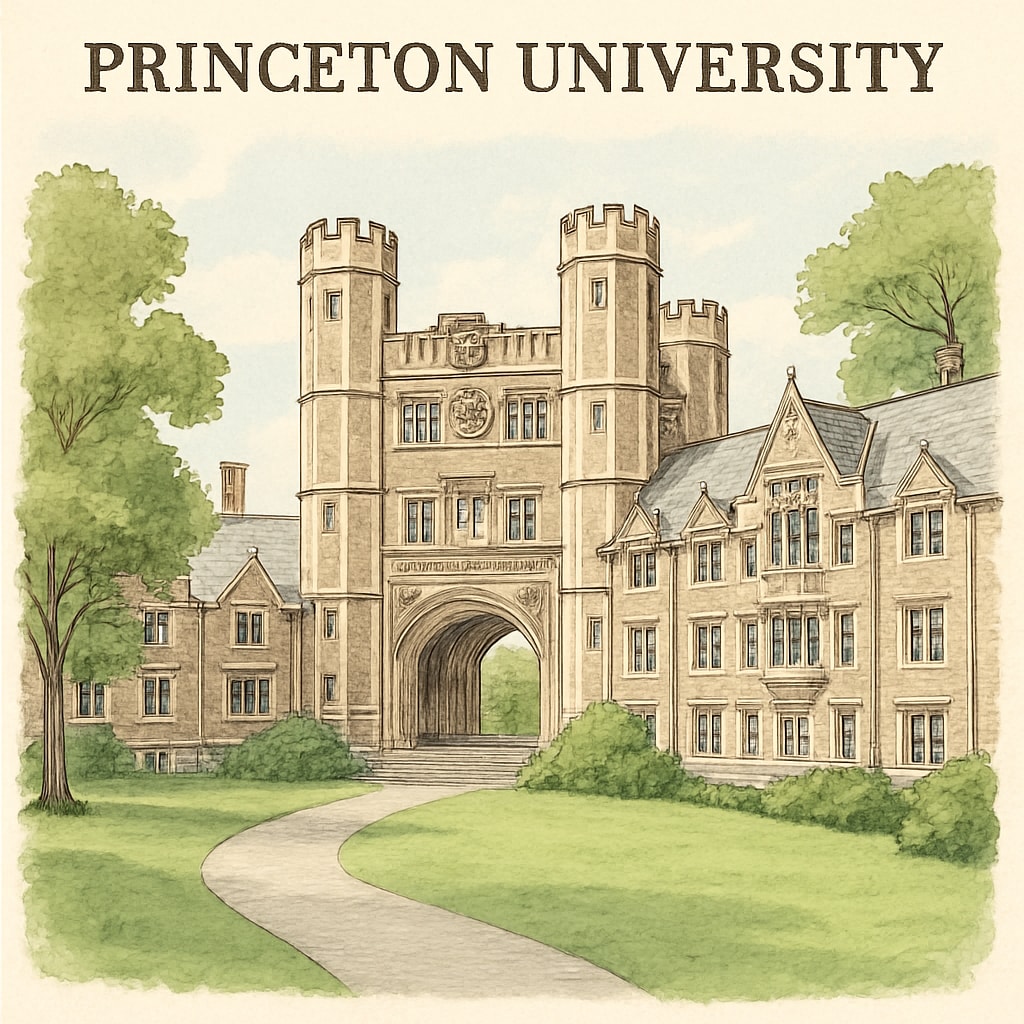The Ivy League, a collection of eight prestigious universities in the United States, including Princeton, has long been regarded as the pinnacle of higher education. However, are we overestimating the true value of these elite institutions? While their reputation is undeniable, the practical benefits and societal impact of Ivy League degrees may not entirely justify the overwhelming reverence they receive. This article explores the myth surrounding Ivy League schools, particularly Princeton, and calls for a reevaluation of what truly defines educational success.
Debunking the Halo Effect of Ivy League Schools
The “halo effect” refers to the cognitive bias where our perception of one positive attribute overshadows others. In the case of Ivy League schools, their long-standing prestige often leads people to assume that their graduates are inherently more capable, intelligent, or successful. But is this perception rooted in reality?
For example, Princeton boasts a stunning campus, world-renowned professors, and an extensive alumni network. Yet, these factors do not guarantee that every student will emerge as a groundbreaking leader or innovator. A study by the PayScale platform found that while Ivy League graduates command higher starting salaries, the long-term career success of non-Ivy graduates in certain industries often catches up or even surpasses these figures. This raises the question: is the “Ivy advantage” more about perception than performance?

Princeton: A Case Study in Overvaluation?
Princeton University, often ranked among the top three universities globally, exemplifies the prestige of Ivy League institutions. Its intimate student-to-faculty ratio and emphasis on undergraduate education are indeed commendable. However, critics argue that its exclusivity and high tuition fees perpetuate socioeconomic inequality rather than addressing it.
For instance, a 2020 report by the Brookings Institution revealed that Ivy League schools, including Princeton, enroll disproportionately fewer students from low-income backgrounds. This exclusivity raises concerns about whether these institutions are truly fostering innovation and diversity or simply reinforcing existing privileges.
Moreover, the intense competition for admission often prioritizes standardized test scores and extracurriculars over real-world skills, creativity, and resilience. As a result, many argue that the Ivy League model may be out of sync with the demands of a rapidly changing job market.

Rethinking the Purpose of Education
While the prestige of an Ivy League degree is undeniable, it is crucial to reconsider what we value in education. Should success be defined solely by institutional reputation, or should we focus on the skills, experiences, and contributions that individuals bring to society?
Here are some alternative metrics to assess the value of education:
- Real-world impact: How well does the institution prepare graduates to solve real-world challenges?
- Accessibility: Does the school provide opportunities for students from diverse backgrounds?
- Adaptability: Are graduates equipped with skills to thrive in a rapidly changing job market?
By embracing these metrics, society can move beyond the narrow focus on prestige and foster a more inclusive and practical approach to education.
Conclusion: The Need for Diverse Success Pathways
The reverence for Ivy League schools like Princeton may be deeply ingrained, but it is time to question whether this admiration is wholly warranted. While these institutions undeniably offer valuable resources, their actual impact on individual success and societal progress may not always align with the hype. As we navigate the complexities of the modern world, it is essential to champion diverse pathways to success and redefine the metrics of educational excellence.
In doing so, we can ensure that education serves as a tool for empowerment and progress, rather than a mere symbol of exclusivity and privilege.
Readability guidance: This article uses short paragraphs, clear subheadings, and a mix of evidence-based points and actionable insights. Transition words like “however,” “for example,” and “moreover” connect ideas fluidly, ensuring a professional yet accessible tone.


